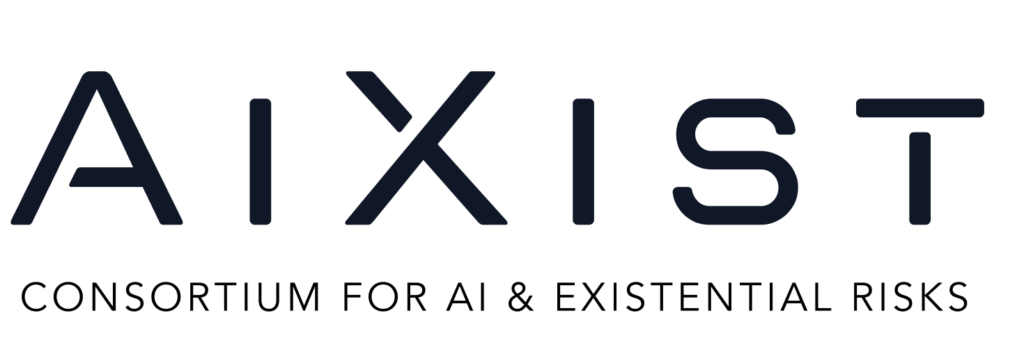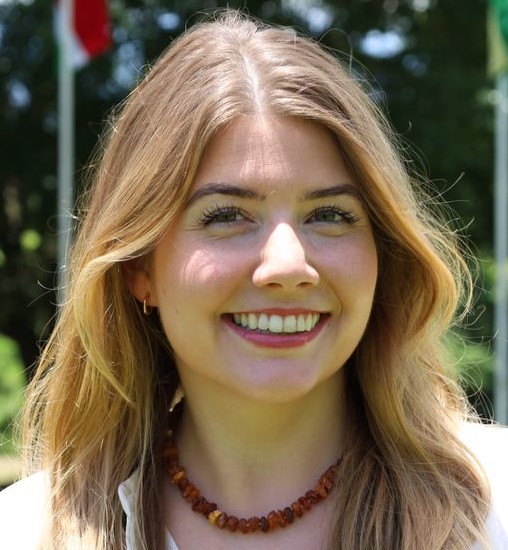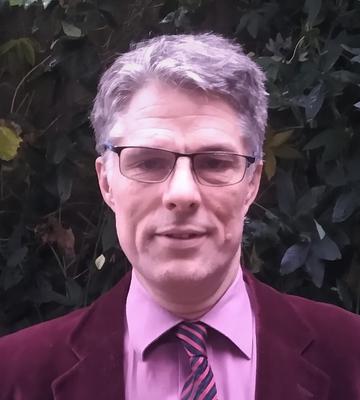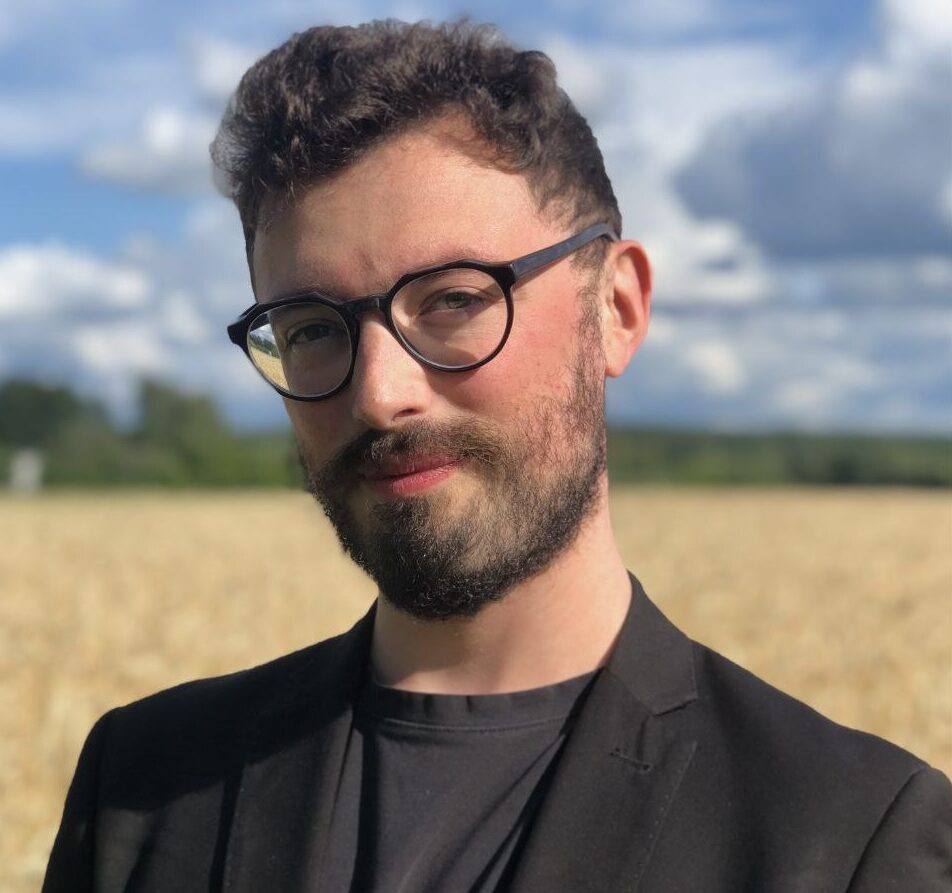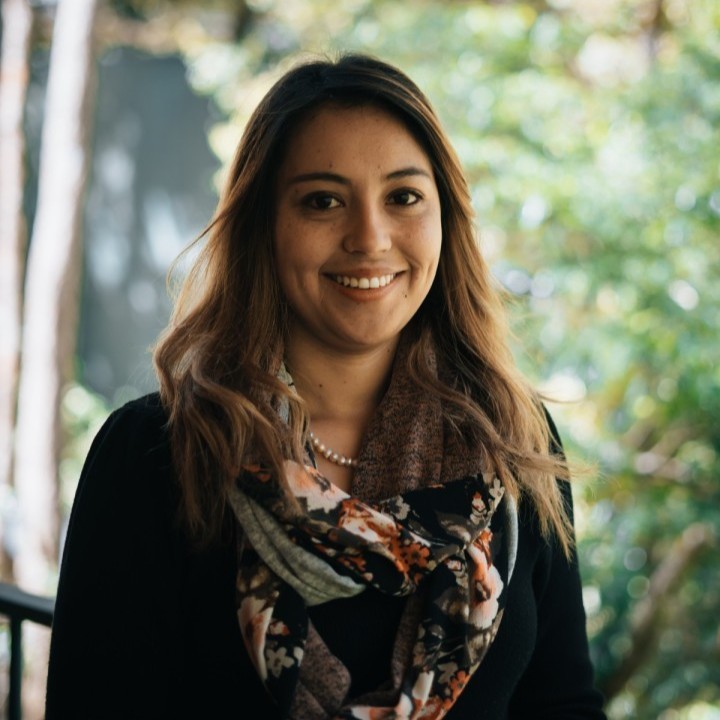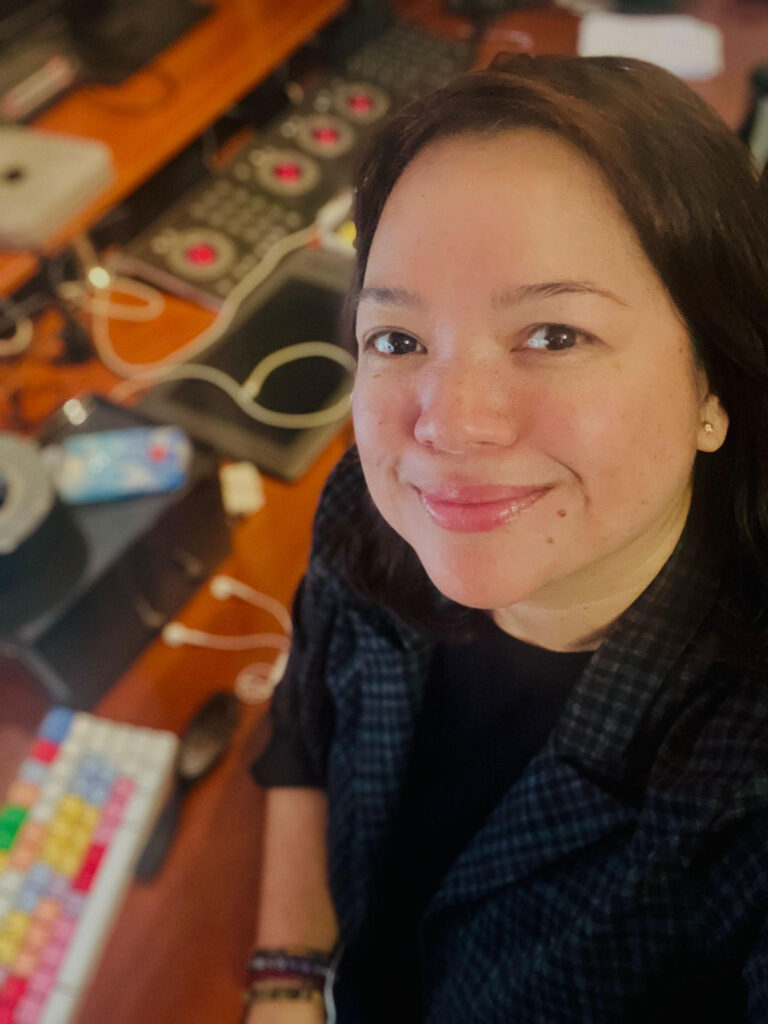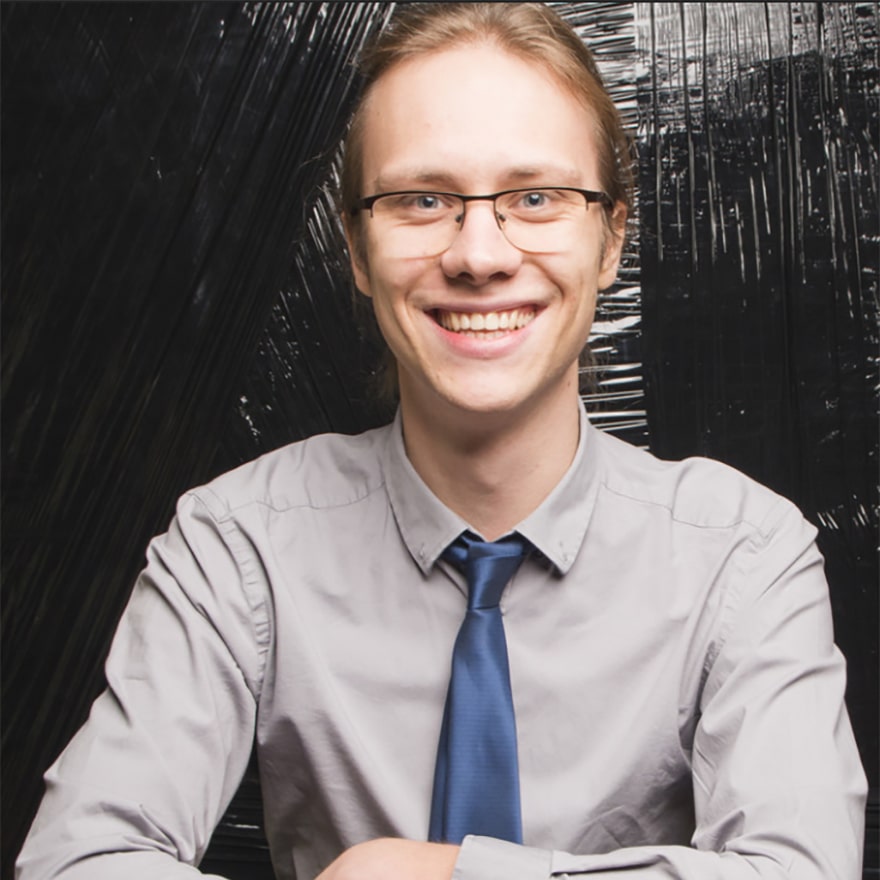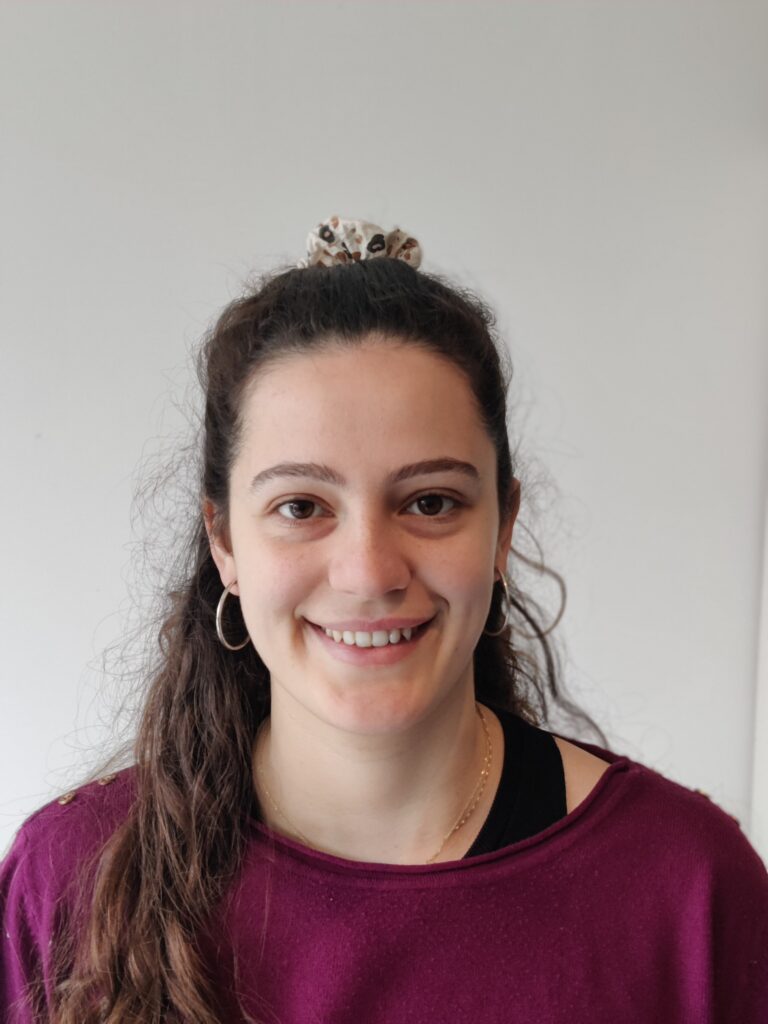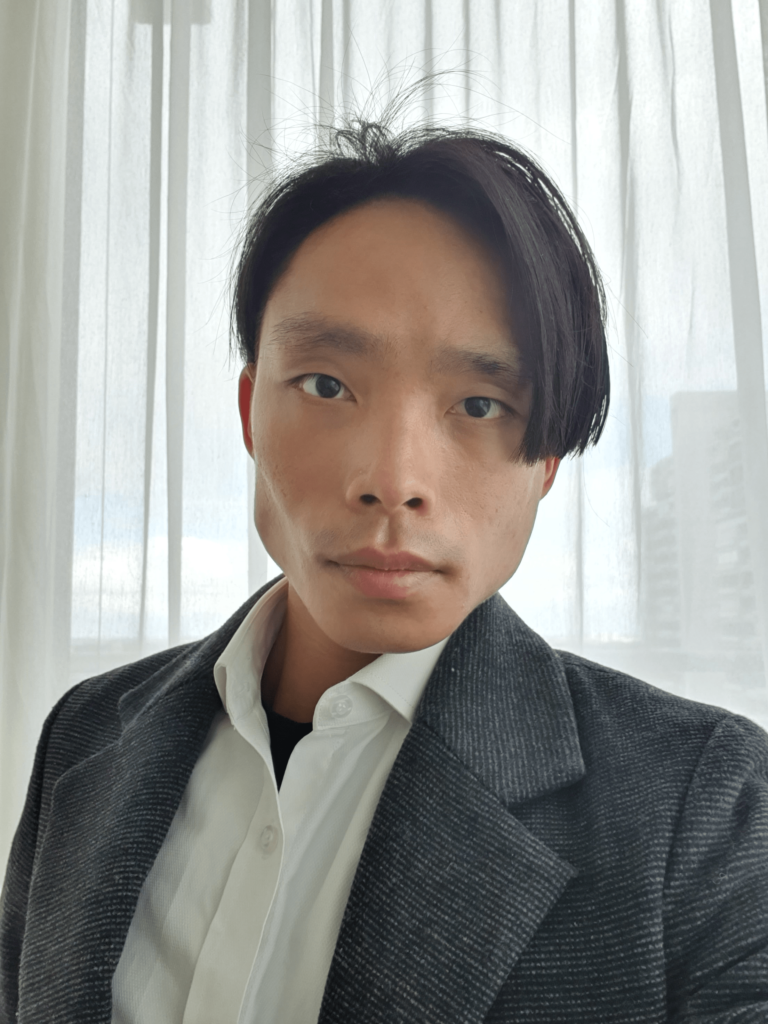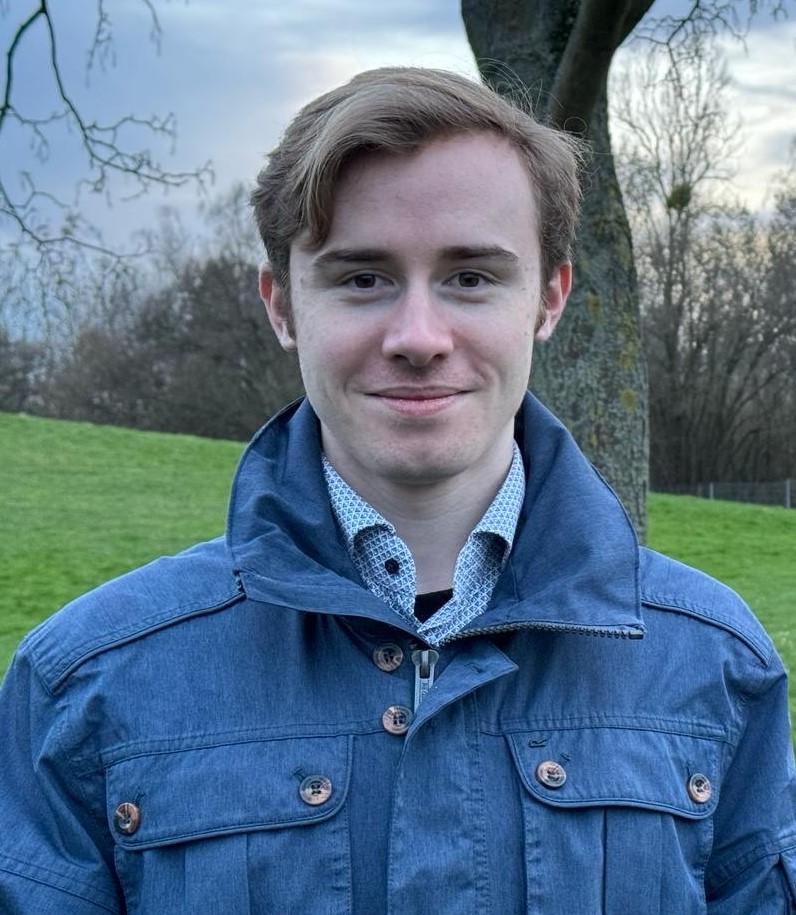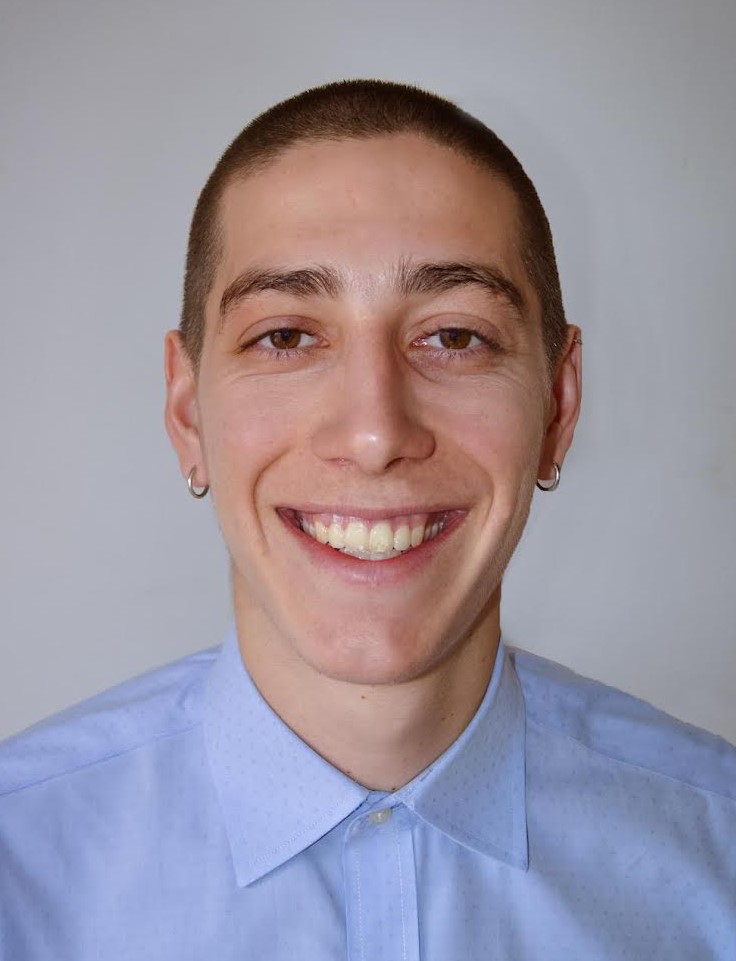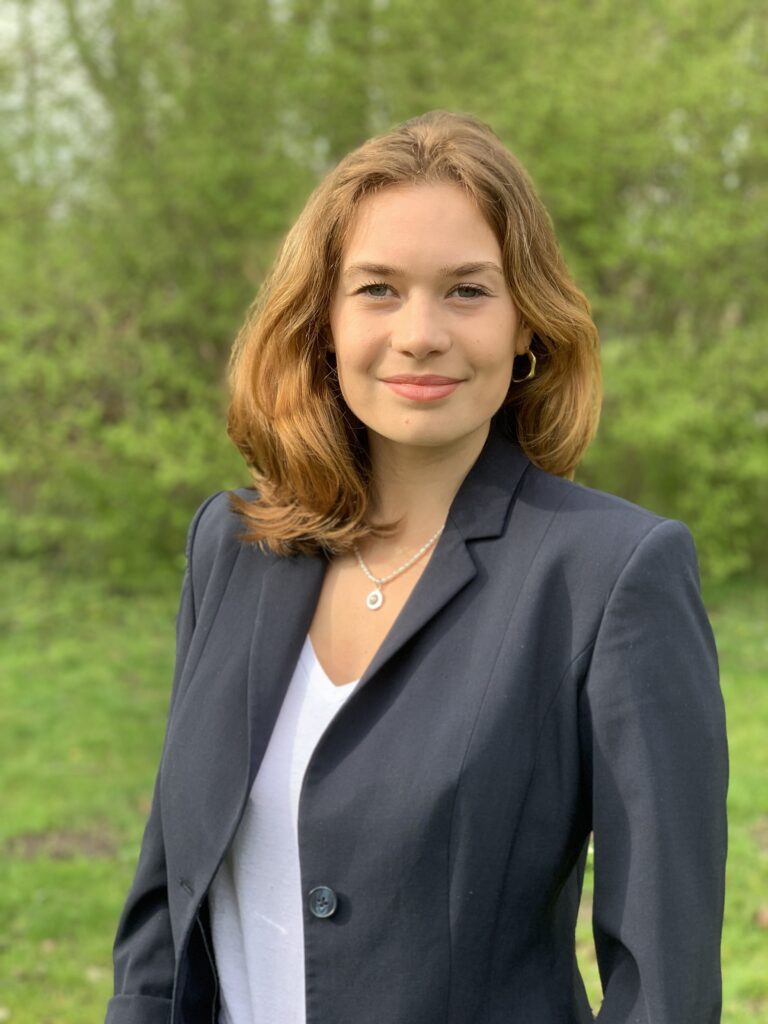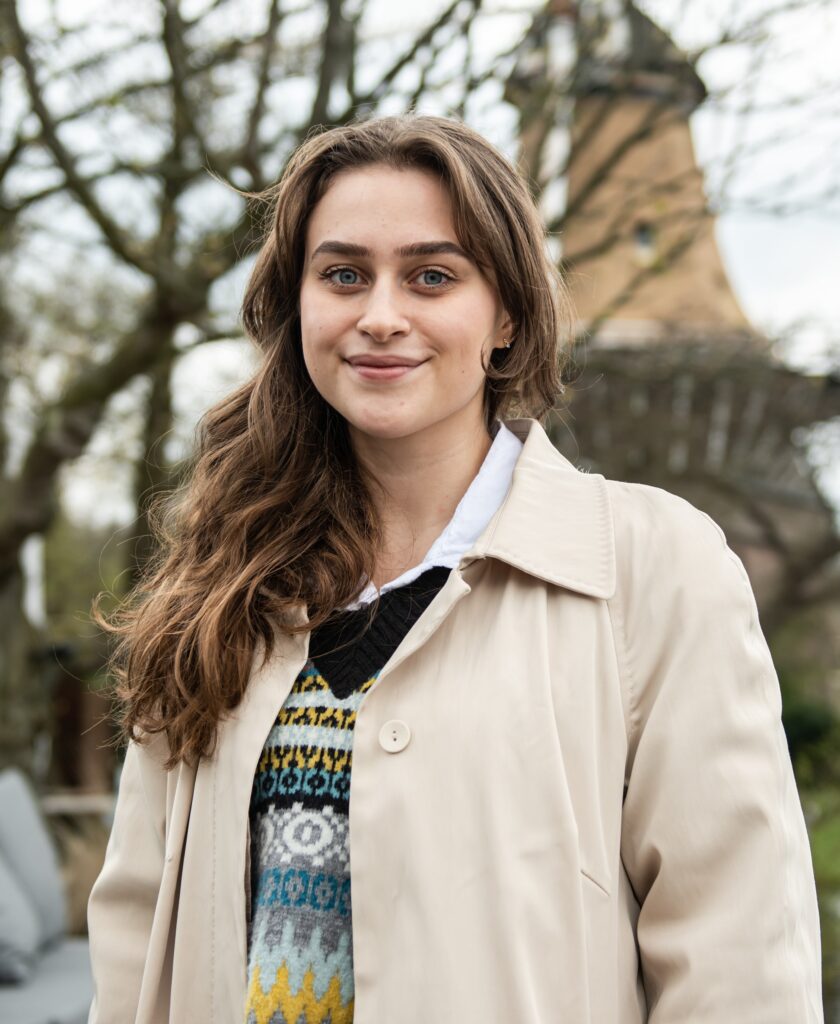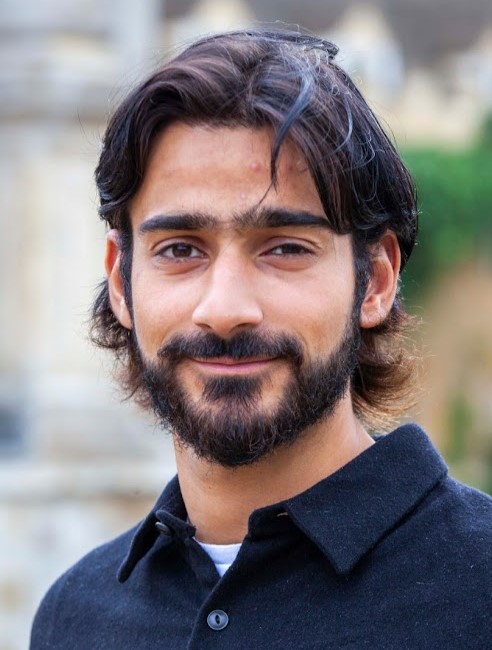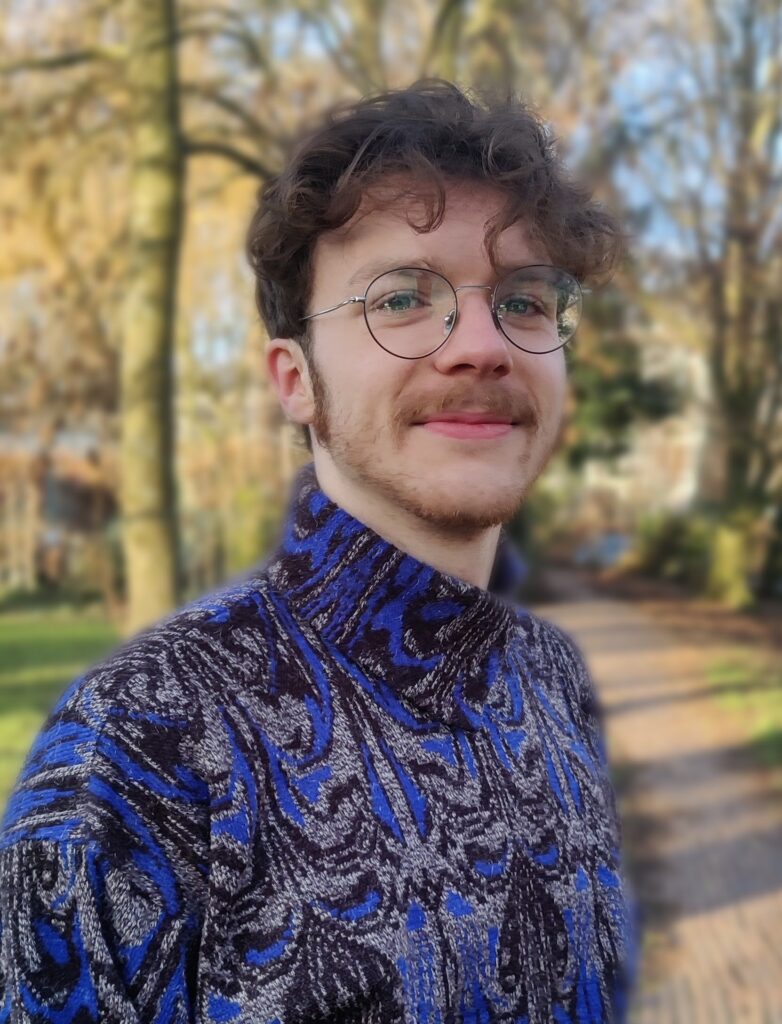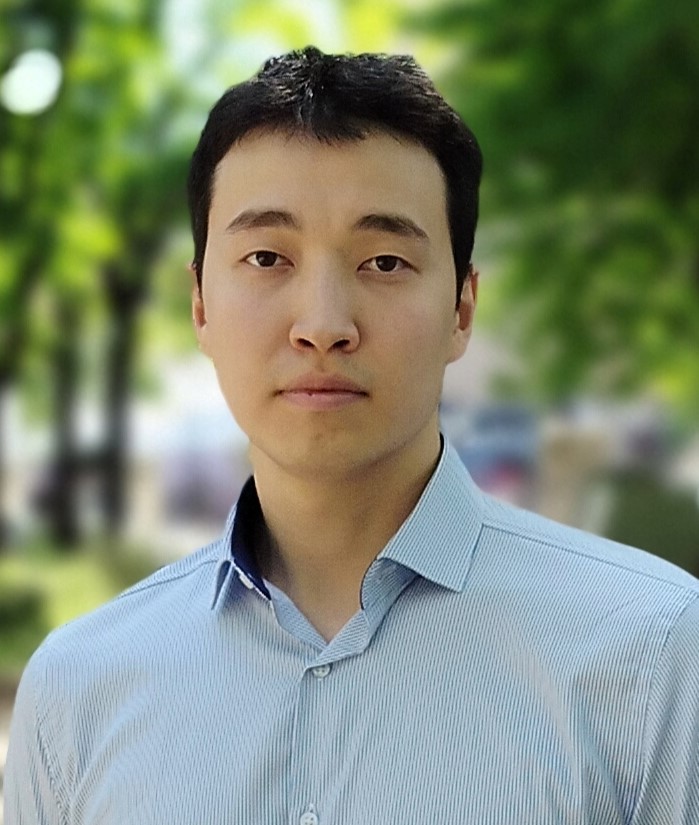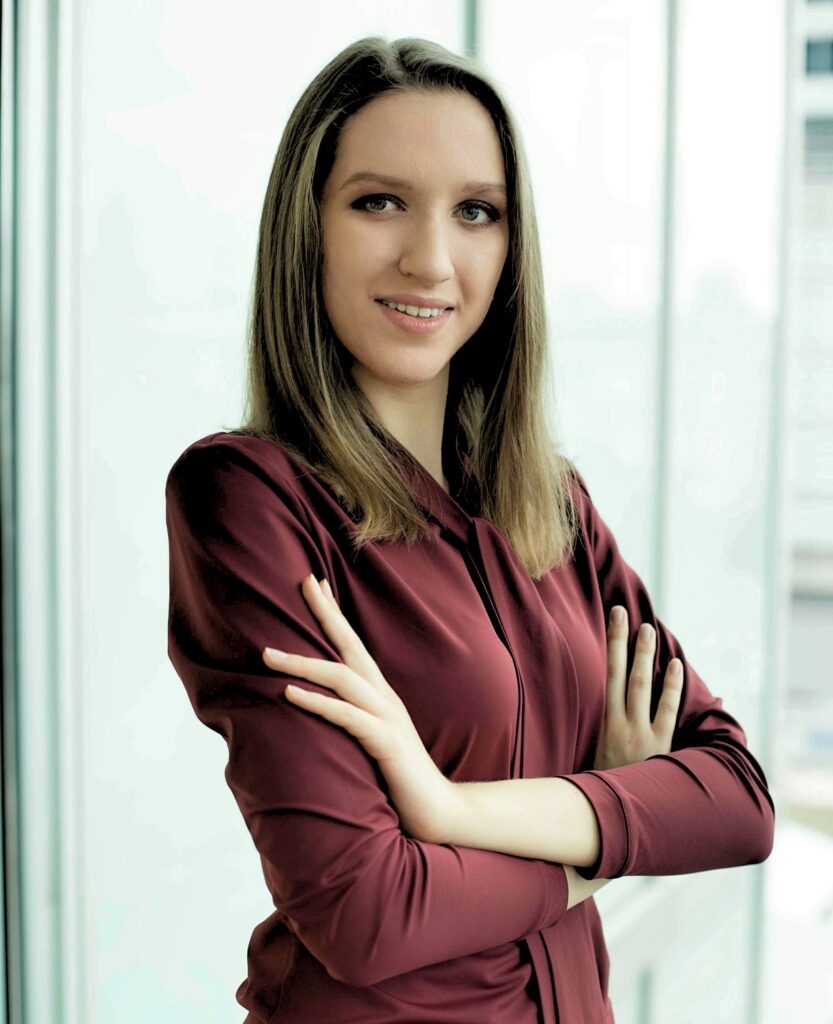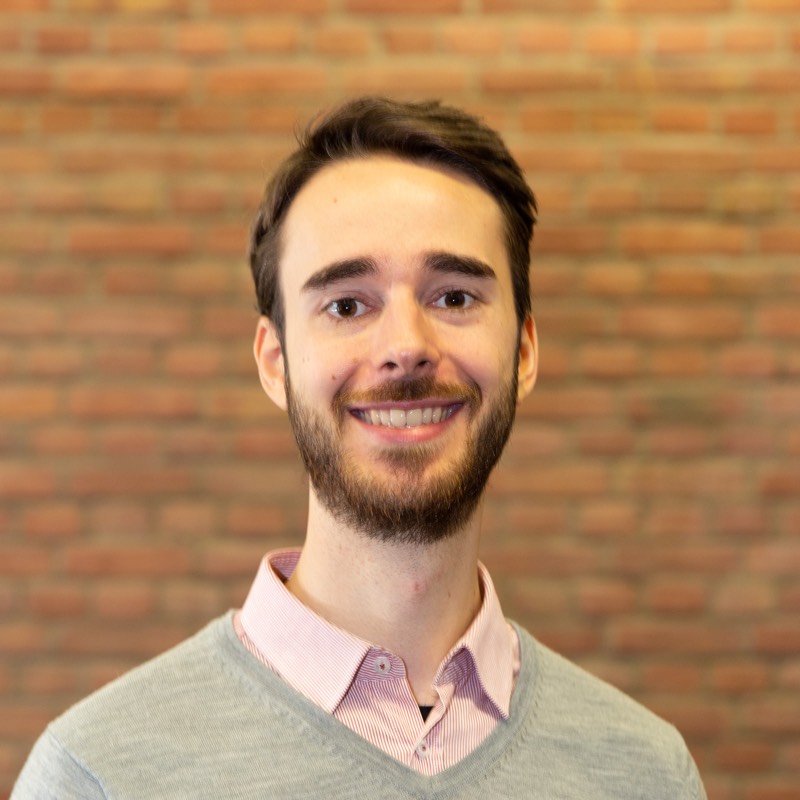Georgii works at the intersection of AI, sustainability, and governance. At Normative, he develops AI systems to automate carbon accounting and help businesses reduce their environmental impacts.
At AiXist, he focuses on using AI to improve AI governance — exploring scalable mechanisms for oversight, risk monitoring, and institutional decision support.
At AiXist, he focuses on using AI to improve AI governance — exploring scalable mechanisms for oversight, risk monitoring, and institutional decision support.
He is an alumnus of the Impact Academy fellowship, where he worked on mitigating existential risks from future pandemics. Georgii holds master’s degrees in Environmental Management and Management Analytics, and is driven by a long-termist mission to ensure AI is aligned with the flourishing of all sentient life.
